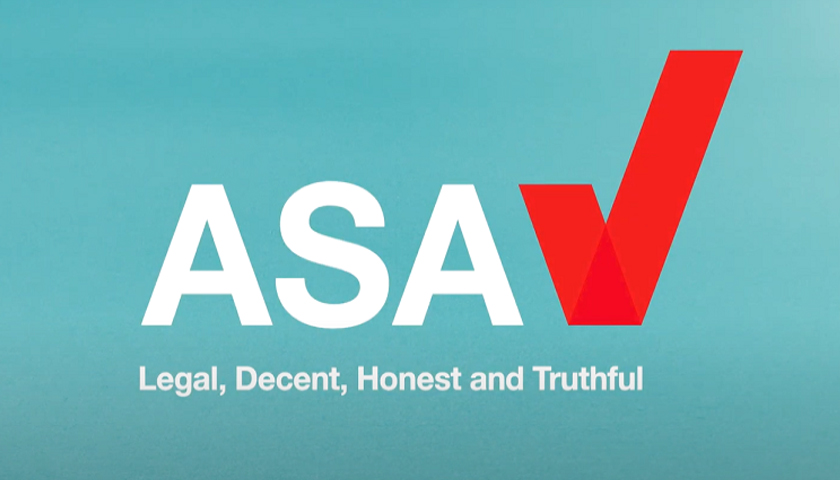The ASA have released a post which asks: ‘Can e-cigarettes claim to be healthy?’. I have enclosed the text of the link below, but please have a look at the ASA site as there are lots of things of interest to anyone with an interest in Ethical Marketing.
Following a consultation, and in light of sector-wide changes to the likely availability and quality of evidence and a regulatory regime setting product standards, CAP and BCAP have lifted the blanket ban on health claims for e-cigarettes. A health claim is any claim that a relationship exists between an e-cigarette, or one of its constituents, and health.
So does this mean that marketers are now free to advertise their e-cigarettes as healthy? Or at least, that they are safer than tobacco?
TPD prohibitions still apply
Not so fast. Firstly, the EU Tobacco Products Directive (TPD) is in force, so the relaxation of the health claim ban only applies to mediums that are not caught by the TPD: outdoor advertising, posters on public transport, cinema, leaflets and direct mail. All consumer ads for unlicensed nicotine-containing e-cigarettes and e-liquids remain prohibited on TV, radio, press, paid for ads online, as well as promotional content on an advertiser’s own website or social media.
You will need robust evidence
Secondly, in mediums where e-cigarette marketers can advertise, marketers must hold robust substantiation for any health claims they make to ensure they do not mislead consumers. The ASA will likely expect to see a body of evidence, including at least one randomised controlled experimental human study, and among other things, expect studies to follow a recognised clinical trial methodology, have a sufficient sample size and be carried out on a representative cross-section of people. More information about the standards of evidence that the ASA requires can be found here.
The evidence should relate to your own product – not e-cigarettes in general
What’s more, when making a health claim about a specific product, the evidence needs to demonstrate that the specific product advertised possesses the advertised health benefit. This means that studies and reports which describe the general benefits of using e-cigarettes rather than smoking tobacco are unlikely to be considered adequate substantiation for a claim about a specific product, even when those reports are authored by a credible body such as Public Health England.
Medicinal claims are still prohibited
Marketers should also note that the prohibition on medicinal claims (i.e. claims that a product can treat or prevent disease, injury, ailments or adverse conditions) for unlicensed e-cigarettes remains in place. Most notably, this includes smoking cessation and reduction claims, meaning that marketers must avoid making any claims – explicit or implied – that their product can help in cutting down or quitting tobacco, unless the product has a relevant medicines licence from the MHRA.
Only certain health claims are likely to be acceptable
B/CAP understands that the consensus among public health experts is that e-cigarettes are less harmful than smoked tobacco, but are not completely “safe” and the evidence does not support any positive health benefits from vaping other than as an alternative to tobacco. Therefore, claims of absolute safety and positive health benefits of e-cigarettes are unlikely to be acceptable.
So claims that your e-cigarette is less harmful than smoking tobacco are likely to be acceptable, provided that you have robust evidence that relates to your own product, you haven’t implied that it can help cut down or quit tobacco use and, of course, it’s in a medium not prohibited by the TPD.
You can read the full Regulatory Statement on the amended rules here. More general information about all the e-cigarette rules can be found here. We are also currently in the process of expanding our guidance resources in this area so watch this space.
If you need further bespoke advice on your non-broadcast ads, our Copy Advice team are here to help.



